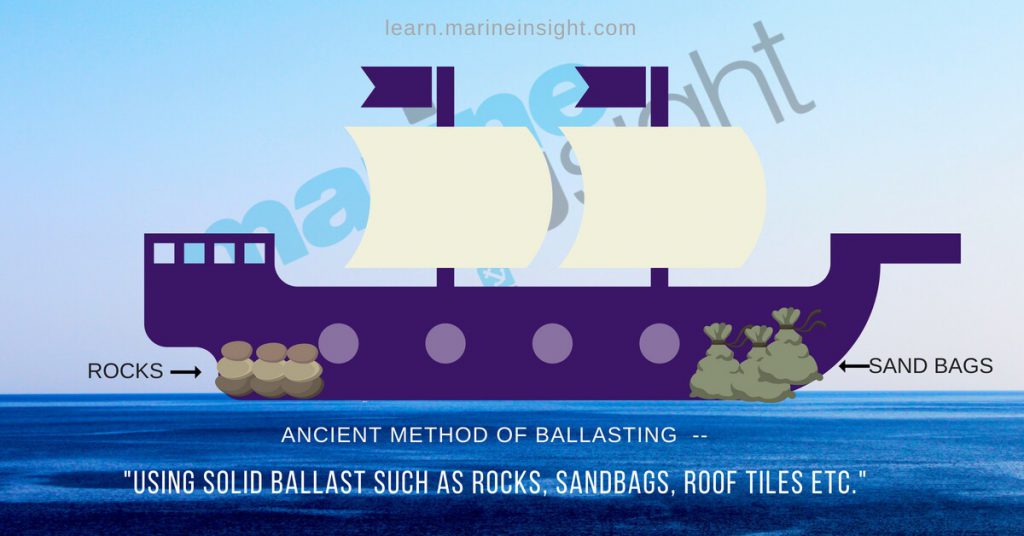The Value of Emotional Ballast
I thought that emotional baggage was a bad thing. I now realize that that’s not necessarily true. You have the capacity to carry past experiences and learn from them, that is a healthy and necessary behavioral pattern. That good part of your emotional baggage is really emotional ballast.
There is an old saying that goes, “Take the meat and leave the bones.” So, it’s OK to remember what happened. It’s alright to store it so that you can have it if you need to later. It is essential that you only store the things that are important for your lesson, and not all the things that make you angry or bitter. Be mindful, and move on with more wisdom than you had before.
The wisdom that you learn in every experience, is what you carry with you. This is your emotional ballast. Ballast is defined as something that gives stability to the core ( as in the ballast in a ship). Ballast, in ships and people, keeps us upright and ready to sail forward.

“Emotional or psychological baggage is a collective term for all of the unresolved emotional issues; traumas and stresses from the past (and present) that occupy your mind and even body,” says Karol Ward, LMSW
The Problem with Baggage
As emotional ballast these experiences (as ooposed to baggage if you will) can help us manage expectations and learn how to cope with pain and rejection, and help us grow. So the problem is not that we have emotional baggage—everyone has baggage. The problem is that people let their emotional baggage negatively effect their lives.
That negative effect is pervasive. Perhaps you have not learned adequate coping skills or haven’t learned how to trust yourself. Perhaps you have not set relationship boundaries, or you think in patterns that are destructive rather than constructive. You just go through life not quite happy, facing interpersonal struggles and wondering why everything seems difficult.
Emotional baggage typically starts to collect when you are young. It could be abusive, depressive, or perfectionist family backgrounds that begin this process of packing your emotional bags. It also could be bullying, social skills, or some other childhood trauma. Unfortunately, if not corrected, it does hang around for a lifetime.
For example, if you have not learned to deal with conflict, you may hide or avoid a situation where what you really should be doing is sticking up for or asserting yourself. By not sticking up for yourself you then feel weak, helpless, and sad, making you want to retreat further. It’s a vicious cycle.
There comes a point when this baggage becomes too much, that it can have a devastating impact on your relationships. One of them is the inability to become emotionally available. Carrying too much emotional baggage can literally stop us from being open to new experiences, intimacy and growth.
A recent study found that emotional baggage can also be a real barrier to making healthy lifestyle changes, like losing weight or quitting smoking. “Respondents said that they felt that emotional baggage was an important explanation for why they were stuck in a rut and that conversely, being stuck in those old habits added load to their already emotional baggage and made it heavier.”
Learning to keep emotional ballast and drop baggage…
Realizing that emotional ballast is good but that uncontrolled emotional baggage is not can help you begin to move forward.
It is a component of human development to carry our personal perception of our past experience with us. The key to healthier functionality lies in learning to manage our perceptions and strengthen ourselves as we mature in order to respond to our daily experience in healthier ways.
Is the concept of ballast new to you?
Do you have baggage issues you struggle with?
Related Article: Emotional Baggage
* Please leave a comment below. You may comment anonymously or you may use your first name. We may post or quote your comment on the website. We will never post or share your last name, email address or any other personal identifying information.
